I want to write a query to display all information about the Customer who made the highest transaction. It is expected that the newly created amount due column be used to identify the highest transaction
Top Table is my Customer table and the bottom table is the Transaction table
The highest transaction was made by Ken but I have to write a query that shows his entire row from the customer table and nothing else
